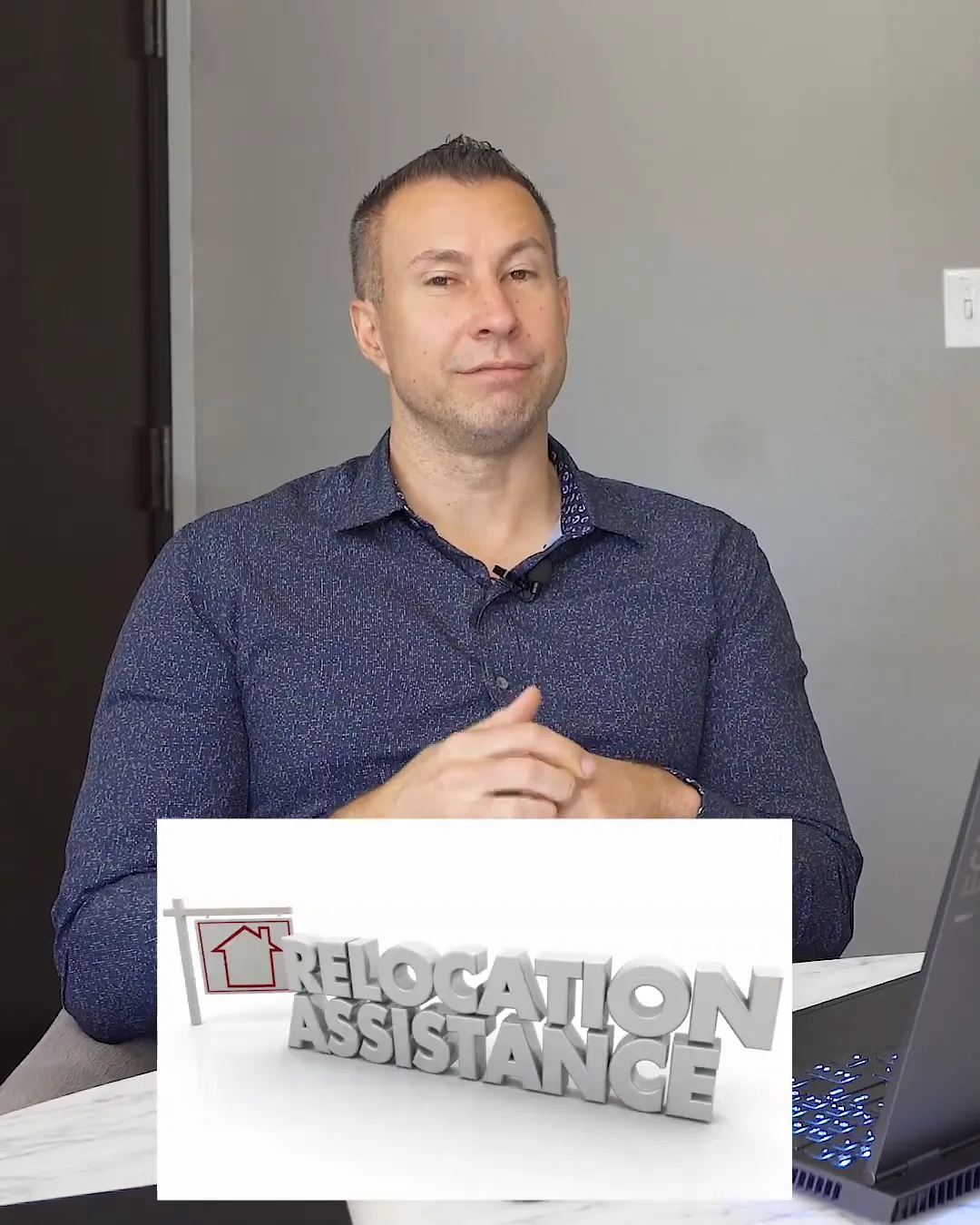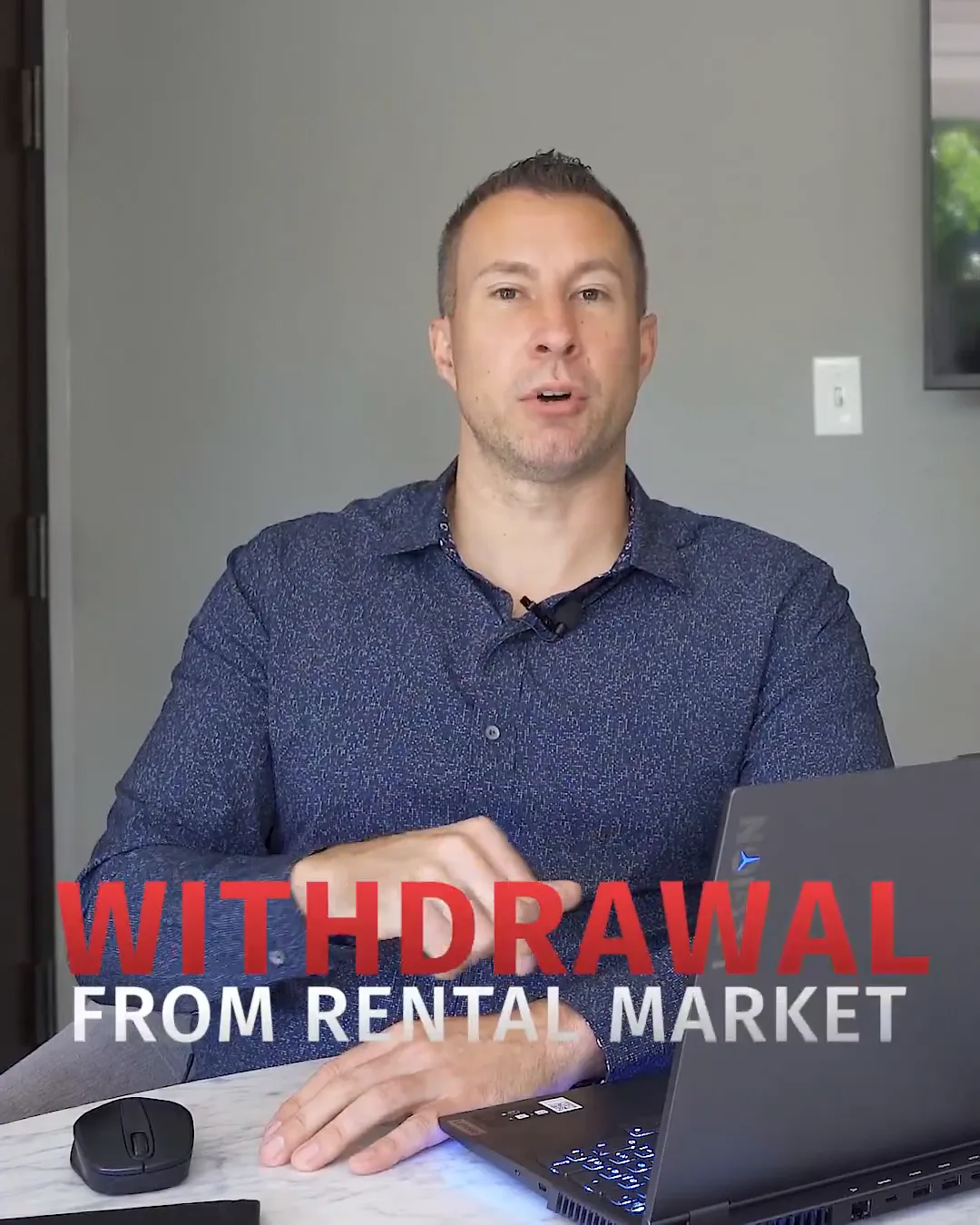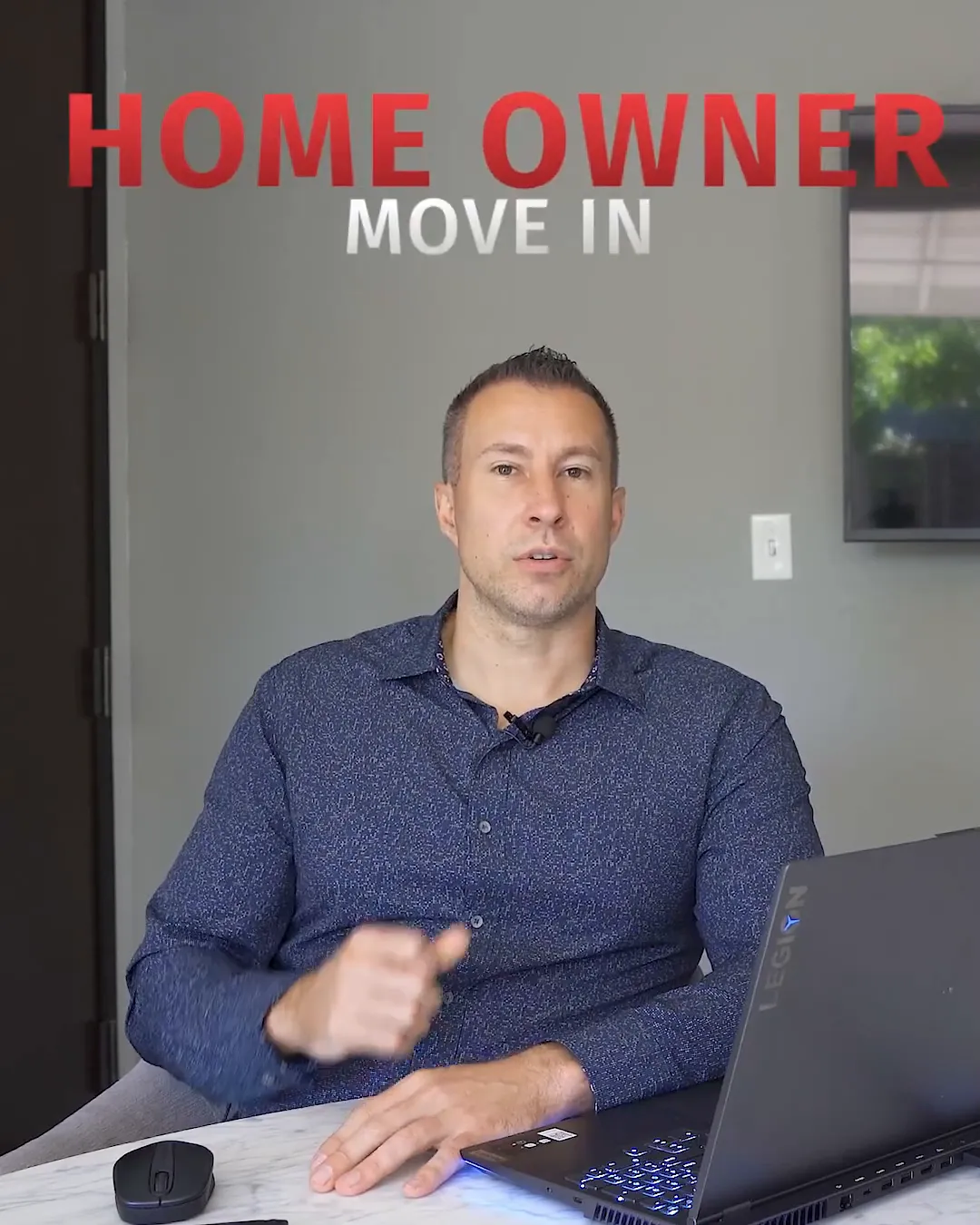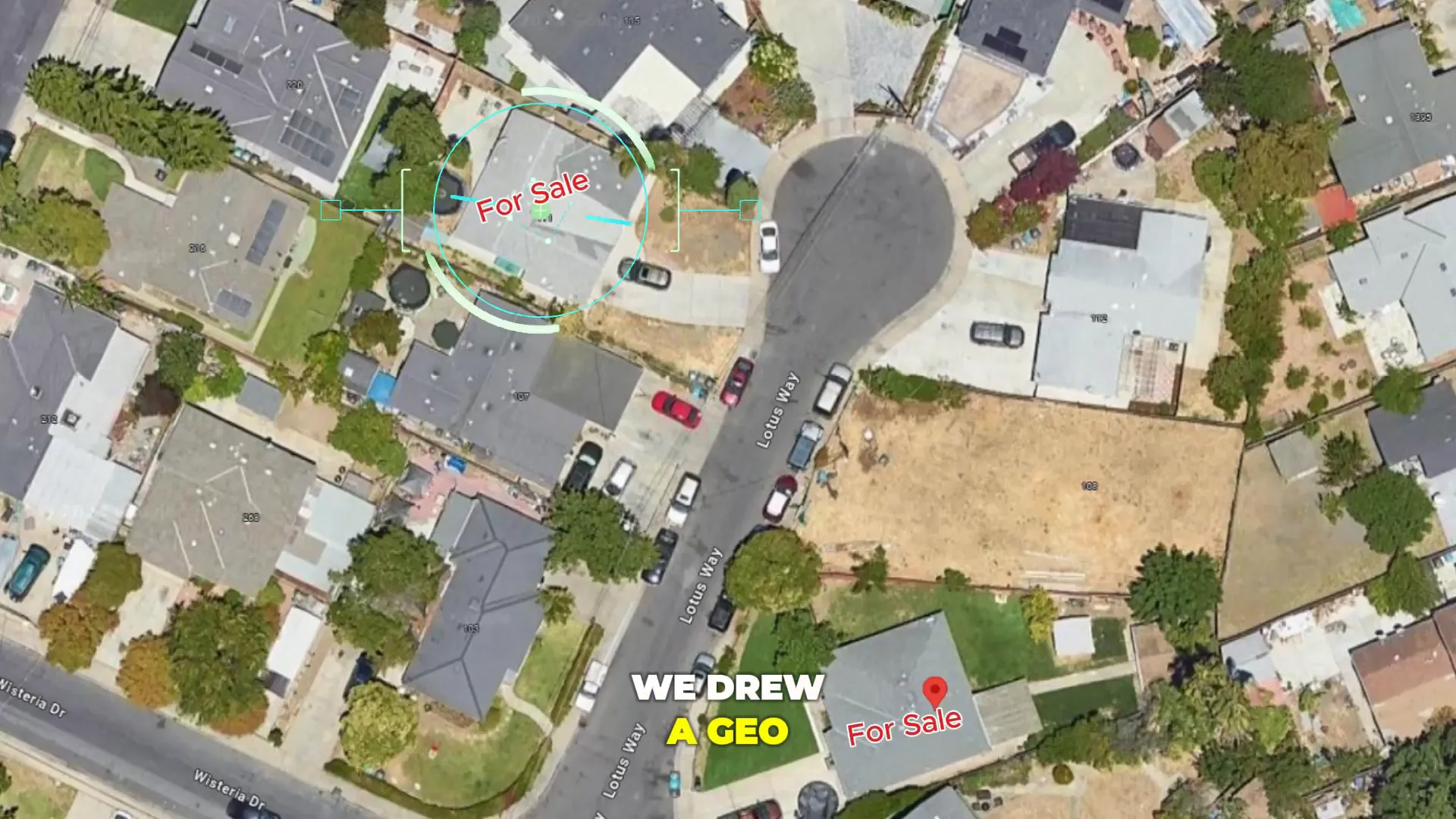AB 1482 Unlocked: Essential Insights for California Landlords
AB 1482 Unlocked: Essential Insights for California Landlords
Navigating the rental landscape in California can be daunting, especially with regulations like AB 1482 shaping the market. This blog will guide landlords through the nuances of this law, including how to manage rent increases, tenant terminations, and relocation assistance requirements.
Understanding AB 1482 📜
AB 1482, also known as the Tenant Protection Act of 2019, was enacted to provide certain protections for tenants across California. This law primarily limits the reasons for which a landlord can terminate a tenancy and regulates how much rent can be increased annually.
Under AB 1482, most residential properties are subject to rent control, meaning a landlord cannot increase rent by more than a specified percentage each year, plus the local rate of inflation. This is crucial for maintaining affordable housing in California's competitive market.
It's important to note that not all properties are covered by AB 1482. For example, single-family homes owned by an individual, unless they own more than two single-family homes, are exempt. Additionally, certain types of housing, such as affordable housing or government-subsidized housing, may also fall outside the scope of this law.
Key Features of AB 1482
- Rent Cap: Annual rent increases are capped at 5% plus inflation, or 10%, whichever is lower.
- Just Cause Eviction: Landlords must provide a valid reason to terminate a tenancy.
- Relocation Assistance: Tenants may be entitled to financial assistance if evicted without cause.
When Can You Terminate a Tenancy? 🚪
Terminating a tenancy under AB 1482 requires adherence to specific regulations. Landlords cannot simply evict tenants at will; they must have a valid justification.
Generally, a tenancy can be terminated for the following reasons:
- The landlord or a close family member intends to move into the property.
- The property is being withdrawn from the rental market.
- The tenant has violated lease terms or failed to pay rent.
- Government orders necessitate the eviction of the tenant.

Valid Reasons for Tenant Eviction ⚖️
Under AB 1482, valid reasons for tenant eviction include both fault-based and no-fault scenarios. Understanding these distinctions is vital for landlords to navigate the legal landscape effectively.
No-Fault Evictions
- Homeowner Move-In: The landlord or an immediate family member intends to occupy the unit.
- Withdrawal from Rental Market: The landlord decides to take the property off the rental market entirely.
- Substantial Repairs or Renovations: Major renovations requiring the tenant to vacate for at least 30 days.
Fault-Based Evictions
- Non-Payment of Rent: If a tenant fails to pay rent, the landlord can initiate eviction proceedings.
- Lease Violations: Any violation of lease terms can lead to eviction.
- Damages: If tenants cause significant damage to the property, this can justify eviction.

Homeowner Move-In Policy 🏡
The homeowner move-in policy allows landlords to evict tenants if they or a close family member intends to reside in the property. However, there are specific guidelines to follow.
Landlords must ensure that the eviction is not discriminatory and that the tenant has been provided with adequate notice. This clause must be explicitly stated in the lease agreement. If the eviction occurs, the landlord must occupy the unit for at least 36 months.

Withdrawal from the Rental Market 🚫
Withdrawing a property from the rental market is another valid reason for terminating a tenancy. However, landlords must comply with certain regulations.
When a landlord decides to withdraw a property, they cannot re-rent it within a specified timeframe. This process can be complex, so consulting with a legal professional is advisable to ensure compliance with local laws.

Government Orders Affecting Tenants 🏛️
Landlords may also terminate a tenancy if a government order mandates the eviction of a tenant. This typically occurs when tenants have caused significant damage to the property.
In such cases, landlords are not required to provide relocation assistance. However, if the eviction is due to a government order unrelated to tenant fault, landlords must follow the appropriate legal channels and may be obligated to offer assistance.

Relocation Assistance Explained 💰
Relocation assistance is a crucial aspect of AB 1482, especially for tenants who face eviction without cause. Under this law, landlords may be required to provide financial support to tenants who are forced to vacate their homes due to specific reasons outlined in the legislation.
Relocation assistance typically applies when a tenant is evicted for no-fault reasons. This includes situations such as homeowner move-ins or significant renovations that necessitate the tenant's departure. The financial aid can come in various forms, such as a lump sum payment or waiving the last month's rent.

Types of Relocation Assistance
- Cash Payment: A one-time payment to help cover moving expenses.
- Last Month's Rent Waiver: Forgiveness of the final rent payment as a form of assistance.
- Local Ordinance Compliance: In some areas, additional assistance may be mandated by local laws.
Updating or Remodeling Properties 🔨
When landlords plan to update or remodel their properties, they must adhere to AB 1482 guidelines. Major renovations can be a valid reason to ask tenants to vacate, but specific protocols must be followed to ensure compliance with the law.
Landlords are required to obtain necessary permits for any substantial updates. Furthermore, tenants must be given a minimum notice period, which varies based on local regulations. Typically, they must stay out of the property for at least 30 days during the renovation process.
Steps for Landlords to Follow
- Obtain the necessary permits for the renovations.
- Provide tenants with a written notice detailing the reasons for eviction and the expected timeline.
- Ensure tenants have adequate time to relocate, typically at least 30 days.
Timing for Relocation Assistance ⏰
The timing for providing relocation assistance is critical for both landlords and tenants. Landlords must act promptly to ensure compliance with AB 1482 while also being fair to their tenants.
According to the law, relocation assistance must be provided within the first 15 business days after the notice of eviction is issued. This ensures that tenants have the necessary resources to find new housing without undue stress.
Exemptions from AB 1482 🚫
While AB 1482 applies to many rental properties, several exemptions exist that landlords should be aware of. Understanding these exemptions can help landlords navigate their responsibilities and avoid unnecessary complications.
Properties that may be exempt from AB 1482 include:
- Single-family homes owned by an individual, provided they own no more than two such homes.
- Government-subsidized housing or affordable housing units.
- Newly constructed buildings that have not yet been occupied for at least 15 years.
Frequently Asked Questions ❓
Landlords often have questions regarding AB 1482, its implications, and how to comply effectively. Here are some common inquiries:
What happens if a landlord fails to provide relocation assistance?
If a landlord does not comply with the relocation assistance requirements, they may face legal repercussions, including potential lawsuits or fines.
Can a landlord evict a tenant for non-payment of rent under AB 1482?
Yes, non-payment of rent is considered a valid reason for eviction, and landlords can proceed with the eviction process without owing relocation assistance.
Are there additional local regulations to consider?
Yes, some local governments have stricter regulations regarding tenant rights and relocation assistance. It's vital for landlords to familiarize themselves with local laws in addition to AB 1482.
Categories
- All Blogs (314)
- Client Testimonials (19)
- East Palo Alto (81)
- Graeham Watts Home Tours (23)
- Home Buyer's Process (34)
- Home Tours (28)
- Houses for sale in East Palo Alto (13)
- Investing (18)
- Landlord and Tenant Info (9)
- Menlo Park (49)
- Personal (5)
- Real Estate Questions Answered (91)
- Real Estate Tips (86)
- Redwood City (85)
- San Mateo County (10)
- Seller's Process (22)
Recent Posts










GET MORE INFORMATION

